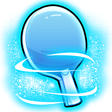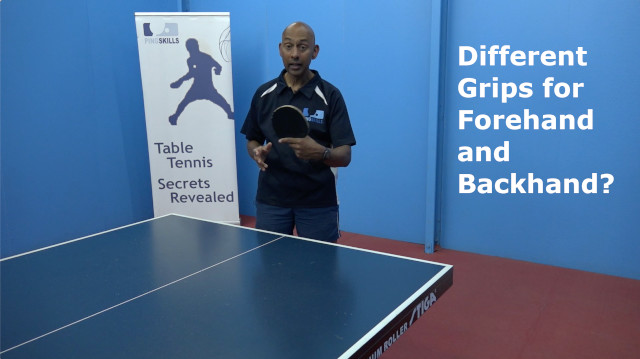Adjusting to different environment
Discussion
Max Way Asked 5 months ago
Hi Alois,
I've been playing table tennis for 10 years and have competed in county tournaments and local leagues. However, since starting university, I’ve struggled to transfer my skills, and it frustrates me that even after being here for a few years, I still can’t adapt. The tables are much slower, and I can’t generate the same power. Shots that land back home just don’t land here, and I feel like I have less touch and control of the ball, making it harder to stay consistent.
What can I do to fix this ?
 Alois Rosario Answered 5 months ago
Alois Rosario Answered 5 months ago
Hi Max,
Great to hear from you! Transitioning to a different playing environment can be challenging, especially when the conditions vary significantly from what you're accustomed to.
Here are a few tips to help you adjust your game to the slower tables and different playing conditions at your university:
1. Adjust Your Equipment: Since you're dealing with slower tables, you might want to consider switching to a faster blade or rubbers with more speed and spin potential. This can help compensate for the lack of power you're experiencing.
2. Modify Your Technique: On slower tables, you often need to put more effort into generating speed and spin. Focus on using your whole body more effectively—incorporate more hip and shoulder rotation into your strokes to increase power.
3. Practice on Similar Conditions: Try to practice as much as possible on the tables you compete on. This will help you get used to their specific characteristics. Pay attention to how the ball behaves differently in terms of bounce and speed.
4. Tactical Adjustments: You might need to alter your tactics a bit. For instance, if your powerful shots are not as effective on slower tables, consider using more placement and variation in spin to outmanoeuvre your opponent.
5. Mental Adaptation: A big part of adapting to new conditions is mental. Accept that the play might be different here and focus on what you can control. Stay patient and keep a positive mindset as you adjust.
6. Consult with Peers and Coaches: Talk to other players who are more familiar with these conditions, or even consult a coach at your university. They might provide insights and tips on how to play effectively on the slower tables.
7. Regular Calibration: Before matches, spend some time on the table you will be playing on. Use this time to adjust your shots and get a feel for the table’s speed and bounce.
Remember, every player goes through an adjustment period when changing environments. With some tweaks to your equipment, technique, and strategy, you'll find yourself getting back to your best form. Keep at it, Max!
Recommended Video
Different Grips for Forehand and Backhand?
In this video, we explain whether or not you need different grips for forehand and backhand as well as provide information on the transition between the two.
Watch NowThoughts on this question
Become a free member to post a comment about this question.

We featured this question on episode #374 of the Ask the Coach Podcast!